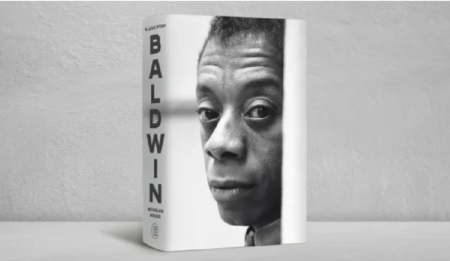Luke Evans, known for his roles in Beauty and the Beast and Nine Perfect Strangers, has shared poignant insights into his personal struggles with faith and identity. Raised in a Jehovah’s Witness family, Evans was baptised at the age of 13, viewing it as a last resort for salvation amidst a complex battle with his sexuality. The religious teachings he was brought up with advocated that same-sex attraction was condemned, instilling a fear in him that he would “die at Armageddon” if he pursued his true self.
In an interview with The Guardian, Evans opened up about the internal conflict he faced during his teenage years. With the influence of his religious upbringing consuming many of his interactions, he felt isolated and unresolved. “I thought maybe by doing [the baptism], the rest would disappear,” he reflected. This ritual, instead of providing clarity, only intensified his internal struggle as he heard scriptures condemning the very core of his identity nightly.
The actor, now 45, recalled the significant fear of alienation from his parents outweighing the fear of personal loss of life due to his sexuality. “The only thing that mattered to me was my mam and dad,” Evans stressed, elucidating the critical decision he faced between living a life that appeared acceptable and pursuing personal happiness. His fear was not of death, but rather the possibility of losing his familial ties: “I had to make this decision: either you keep lying and live this life that is making you very unhappy or you take the risk and hope they don’t cut you off.”
Evans’ journey to self-realisation progressed through his career in musical theatre in his early twenties. It was during this time that his candid discussion about his sexuality in an interview with The Advocate caught the attention of church elders. The warning he received from them was stark: if he were a “practising homosexual”, he would face expulsion.
Despite the eventual relief he felt upon being disfellowshipped from the Jehovah’s Witnesses, the ordeal was not without emotional distress. Evans recounted the painful experience of being renounced in front of the congregation, aware that his parents were present. He imagined the anguish this moment brought to them, surrounded by familiar faces in their community. Ultimately, he believed they found solace in each other, reconciling privately at home.
Source: Noah Wire Services




















